Before They Start

Admissions
First things first. If your student hasn't applied to attend UW-Green Bay yet, find information about admissions.
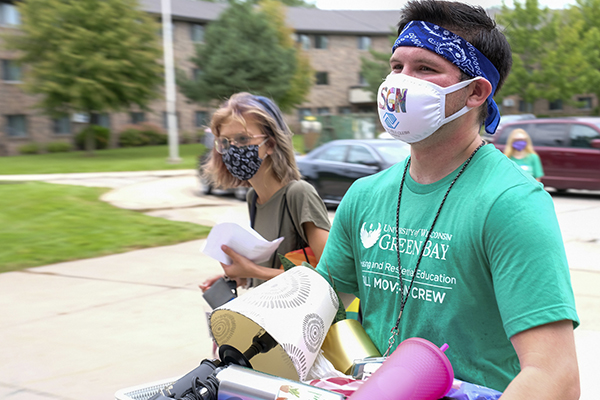
Housing & Move-in
Help your student get prepared to move in to their residence hall by scheduling a move-in time and creating a checklist.
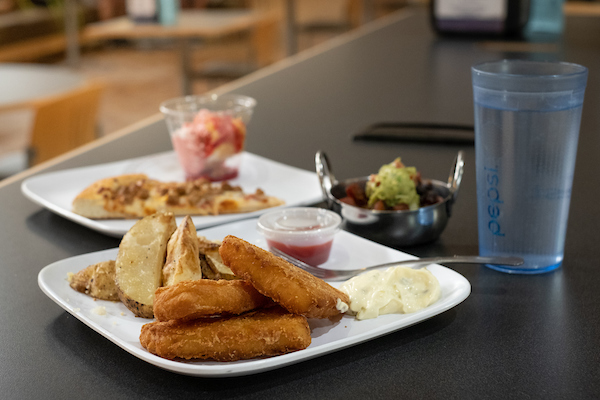
Meal Plans
From unlimited access to the dining hall to a specific number of meals per week, there are plenty of meal plan options for every student.
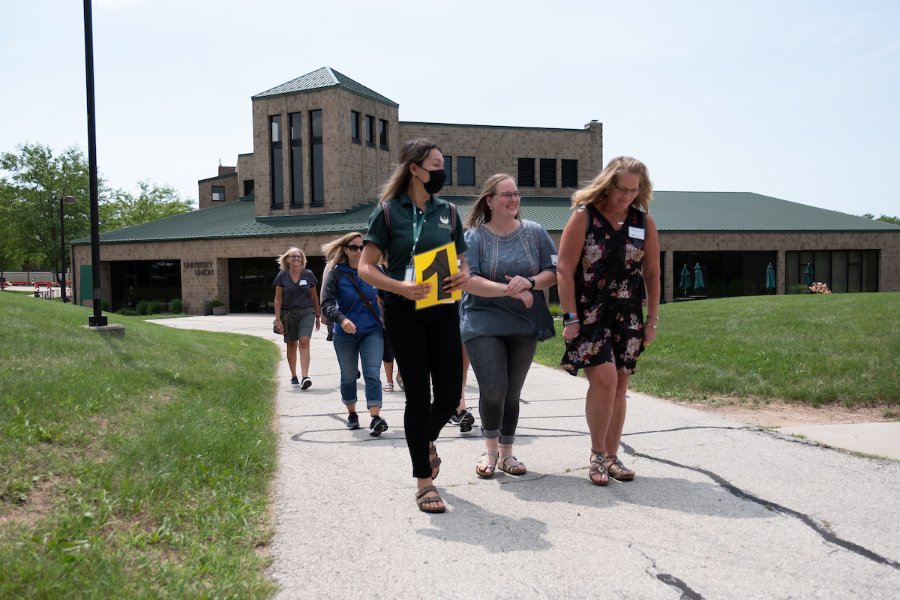
GB Orientation
Time to get Phoenix Ready.
GB Orientation is a unique experience for all new students. It is built to help your student become familiar with UW-Green Bay so they feel prepared when classes begin. GB Orientation is a one-day, on-campus event that will introduce students and their families to campus resources. Students will also begin to build their fall semester schedules with a professional advisor.
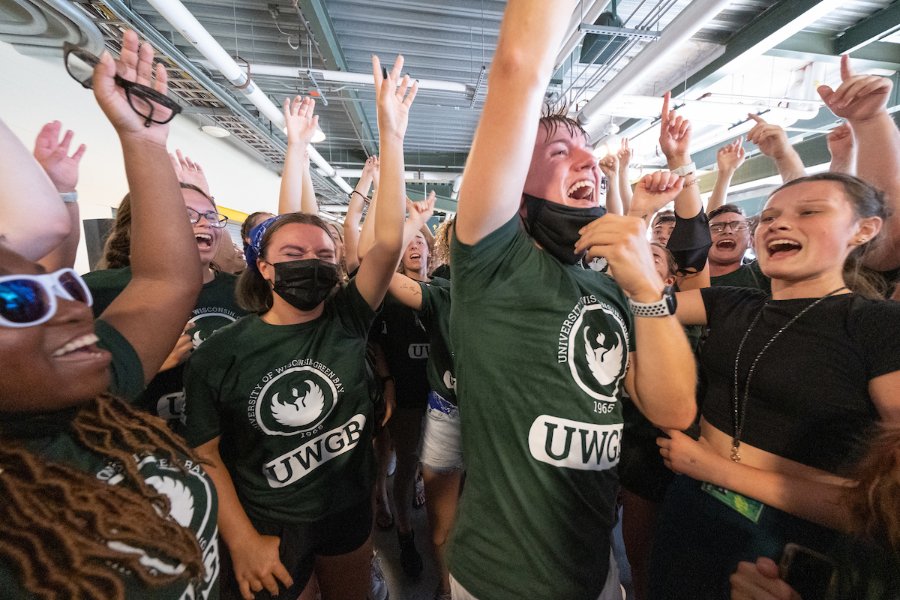
GB Welcome
We're so glad you're here!
GB Welcome takes place in the days leading up to the first day of fall semseter classes. Families are invited to participate in welcome activities on move-in day before saying farewell to their student. The following days are filled with UW-Green Bay traditions and events, including a community service project and celebration at Lambeau Field.
Understanding the differences between high school and college
| High School | College | |
| Teacher/Student Contact | Contact closer and more frequent (5 days a week). | Faculty are available during office hours (only a few hours a week) and by appointment to address students’ concerns. |
| Competition/Grades | Academic competition is not as strong; good grades can often be obtained with minimum effort. | Academic competition is much stronger; minimum effort may produce poor grades |
| Status | Students establish a personal status in academic and social activities based on family and community factors. | Students can build their status as they wish; high school status can be repeated or changed |
| Counseling/Dependence | Students can rely on parents, teachers, and counselors to help make decisions and give advice. Students must abide by parents' boundaries and restrictions. | Students rely on themselves; they seek the results of making their own decisions. It is their responsibility to seek advice as needed. Students set their own restrictions. |
| Motivation | Students get stimulation to achieve or participate from parents, teachers and counselors. | Students apply their own motivation to their work and activities as they wish. |
| Freedom | Students' freedom is limited. Parents will often help students out of a crisis should one arise. | Students have much more freedom. Students must accept responsibility for their own actions. |
| Distractions | There are distractions from school, but these are partially controlled by school and home. | The opportunity for more distractions exists. Time management will become more important to students. |
| Value Judgements | Students often make value judgments based on parental values; thus, many of their value judgments are made for them. | Students have the opportunity to see the world through their own eyes and develop their own opinions and values. |
Mullendore, R.H., & Hatch, C. (2000). Helping your first-year college student succeed: A guide for parents. Columbia, SC: University of South Carolina, National Resource Center for The First-Year Experience and Students in Transition. All rights reserved.
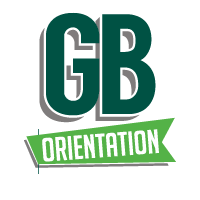
Any Questions?
We're here to help! Contact our GB Orientation experts who can answer your questions or get you connected with the people who can.